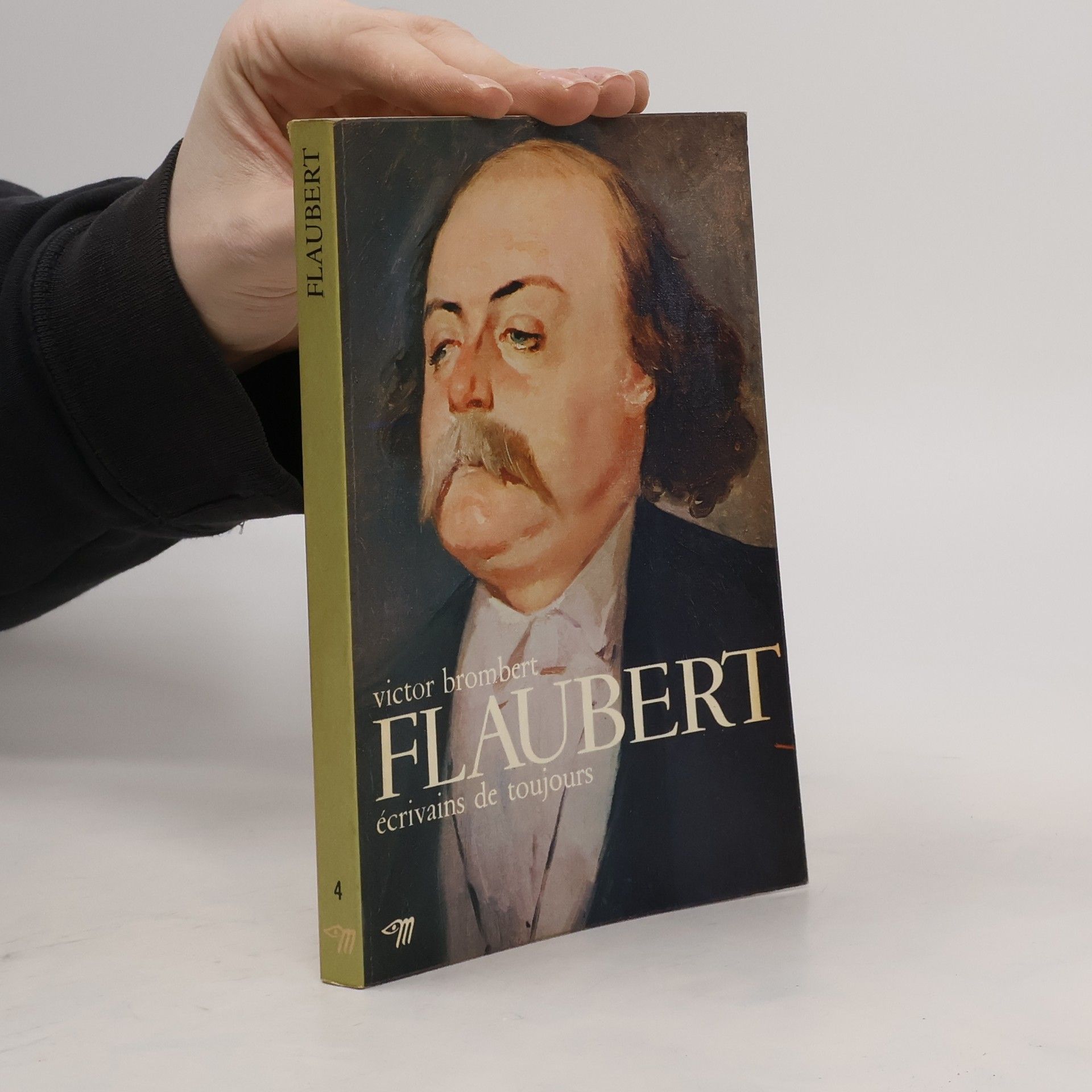"Victor Brombert's title, borrowed from William Wordsworth's ingenious metaphor, "the pensive citadel," refers to the singular world of universities. In essays on the paradoxical nature of laughter, the art of rereading, Shakespeare, Montaigne (his model as essayist), and more, Brombert reflects on a lifetime of learning whose institutional supports have greatly changed since he began his university career in the 1950s. Yet, as Christy Wampole writes in her foreword, for all that has changed, so much of Brombert's long experience as a reader and teacher is richly familiar: "the angst of not doing enough during one's sabbatical, the stage fright before an important lecture, or the recurrent teaching-related nightmares. But also the good things: the joy of learning from one's students, of discovering something new each time you reread a book whose meanings you thought you'd depleted, or of realizing that you've changed the lives of many through your vocation." A veteran of D-Day and the Battle of the Bulge who witnessed history's worst nightmares first hand, Brombert nevertheless approaches literature with a lightness of spirit, making the case for intellectual mobility and an openness to change. Indeed, the central section of this deeply pleasurable book, entitled "The Ludic Mode," stresses the playful aspect of all serious commerce with ideas, of all good teaching and good learning"-- Provided by publisher
Victor Brombert Book order (chronological)

